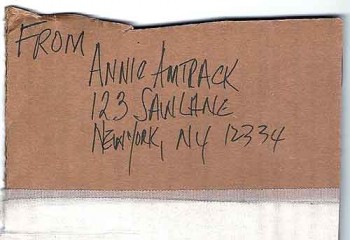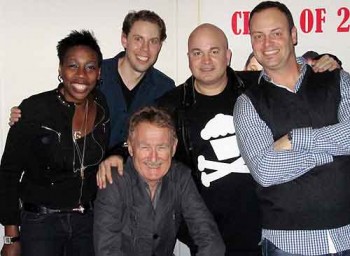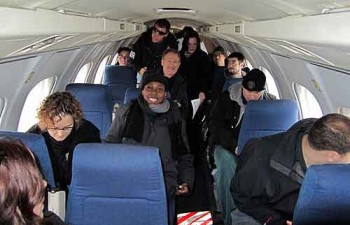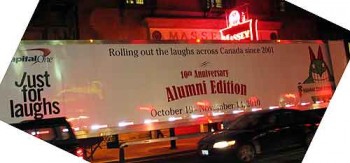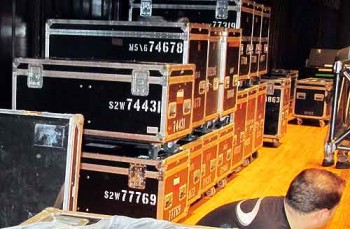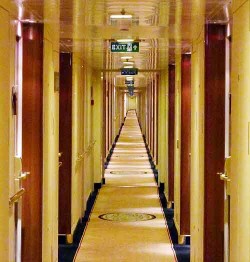A Close Shave, or, Honey, There’s a Hole in my Handbag
Archil Zantaradze keeps a razor blade in his mouth the way someone else might store a tired wad of gum. Gently curved against his upper palate, he can dislodge the blade with a bit of tongue suction and discreetly arm himself in an instant.
True, pickpockets, by our definition, are non-violent. The razor, actually half a blade, is meant to slice a pocket or a purse; never human flesh. The technique is a specialty of Zantaradze, St. Petersburg’s most notorious Georgian pickpocket, and peculiar to his compatriots.
Zantaradze perfected this dangerous practice while just a teenager. (I can imagine the manipulation easily: as a kid, I removed my retainer the same way. But I never worried about drawing blood!) He was taught by his own father, as all his brothers were. And before he ever even scraped a razor against his first soft whiskers, he could shoot the blade with awesome skill from its wet storage place to his soft palm. His dexterous tongue snaps as quickly as a frog’s and he catches the razor in his hand as neatly as a magician palms a card.
Zantaradze’s sleight of tongue is not unique among the criminal population of Russian Georgians. Those who aren’t taught at home learn in jail, where the razor blade is a vital commodity. Desperately creative, inmates find inconceivable functions for the simple object. Indeed, when attached to a short length of wire and pushed into a power outlet, the lowly blade miraculously becomes both a little heater and a water-boiler. And, “a skillful cut of veins may lead a tired prisoner if not to death, then into the relative comfort of a prison’s hospital bed,” my Russian journalist friend Vladimir explained. “Life accounts in prisons are also known to be settled with this small metal device. Not to mention the ordinary functions of the razor blade, like shaving or paper-cutting.”
Vasily Zhiglov, our St. Petersburg Police informant, arrested Zantaradze some months before my questions to him, and thereafter had ample opportunity to interview him. Lounging in prison, Zantaradze was unembarrassed but surprised that he had failed to bribe his way out. Officer Zhiglov acknowledged that not all policemen can resist this “easy-sounding temptation,” as the sum represents full or at least half of a policeman’s monthly wage. (The bargaining usually starts at 500 rubles—$25 at the time of this research.)
It was not without a certain pride that Zantaradze admitted to Zhiglov that he, along with at least four other Georgians, spent the summer of ’98 in France, “working” the streets and stadiums of cities hosting matches of the World Cup. Zantaradze maintained that a skilled thief could easily make three to five thousand U.S. dollars a day by extracting cash from the pockets and bags of the hordes of often-drunk soccer fans cruising the streets and shops of every hosting city. The French towns, unaccustomed to such crowds and crime, were unprepared and understaffed for the deluge.
Officer Zhiglov estimated that there were about 70 Russians, mostly from Moscow and St. Petersburg, who combined the pleasure of watching World Cup matches with the labor of cleaning out other fans’ bags and pockets. He said that before heading to “work” in a foreign country, a pickpocket would thoroughly study the criminal code of that country. “And one would certainly prefer to work in France or another European nation where the law is much softer on this particular crime than, say, in Arabic countries,” Zhiglov said. Each year Russia receives about a dozen of its returned citizens caught stealing abroad.
Igor Kudelya, Senior Lieutenant of the St. Petersburg pickpocket squad, said that on frosty winter days, when other pickpockets’ fingers “have frozen senseless,” the Georgian can be spotted warming up his fingers by exercising them with two or three small metal balls before entering a chosen work spot.
Excerpt from Travel Advisory: How to Avoid Thefts, Cons, and Street Scams
Chapter Five: Rip-offs: Introducing…The Opportunist









